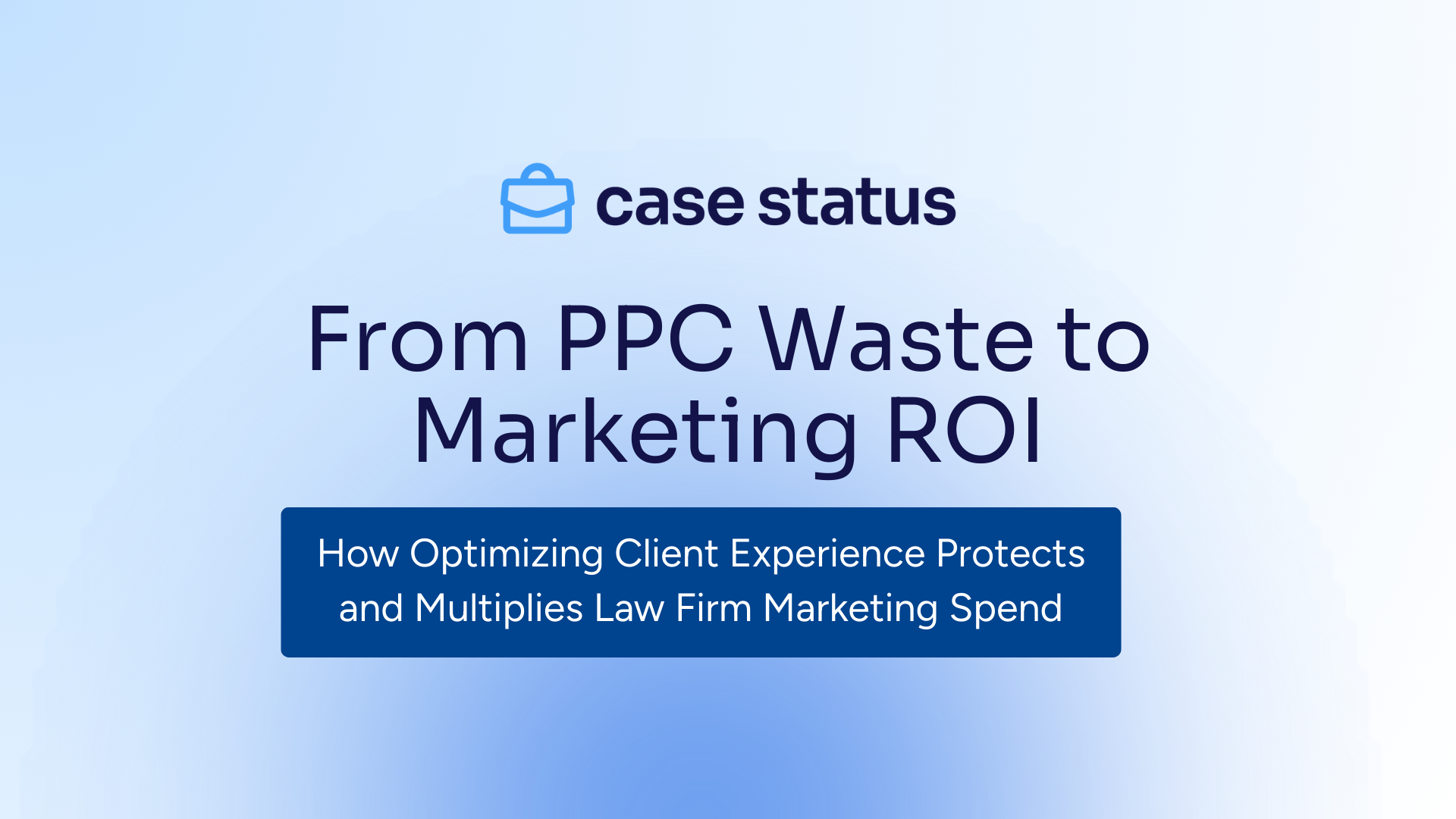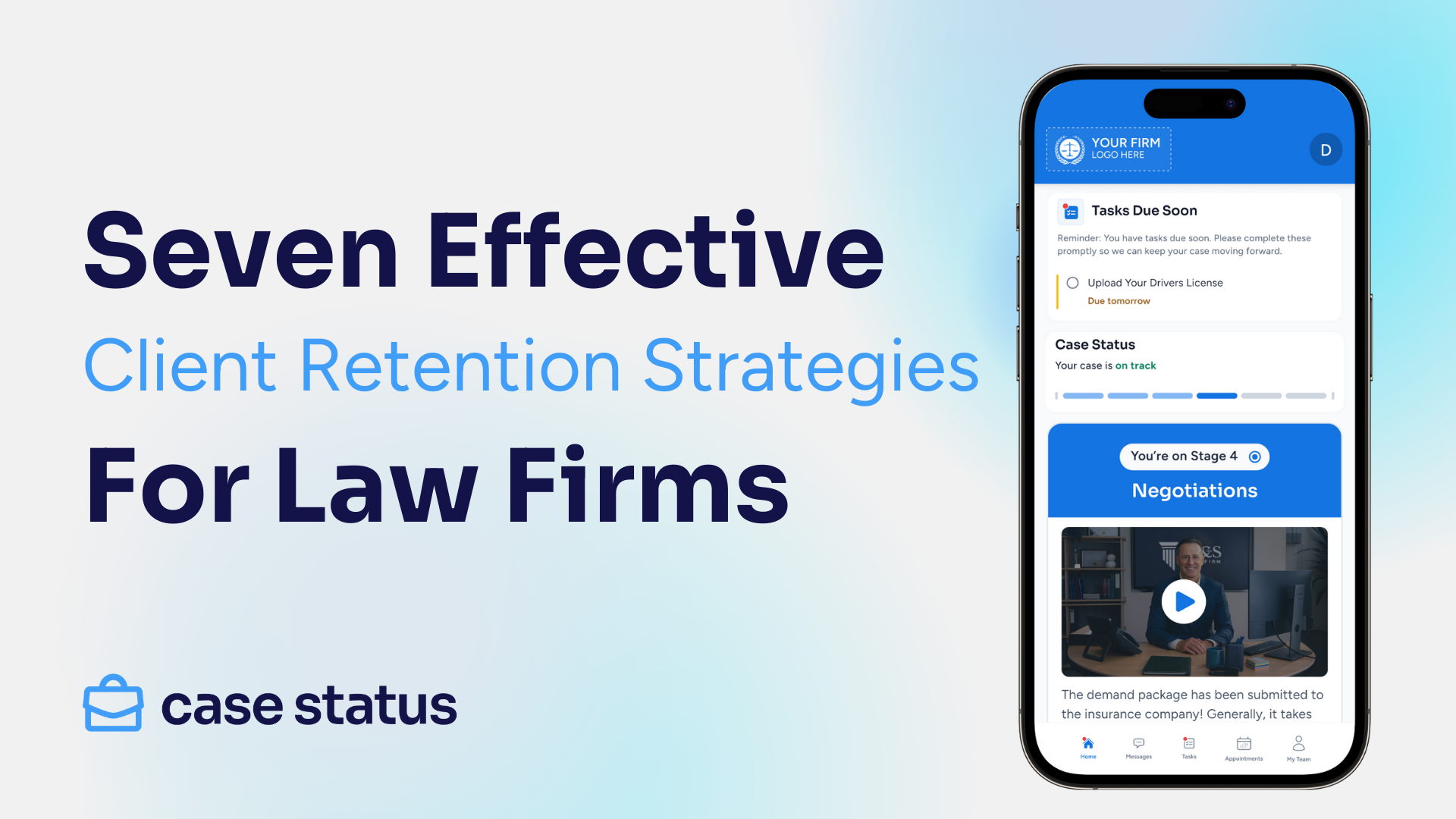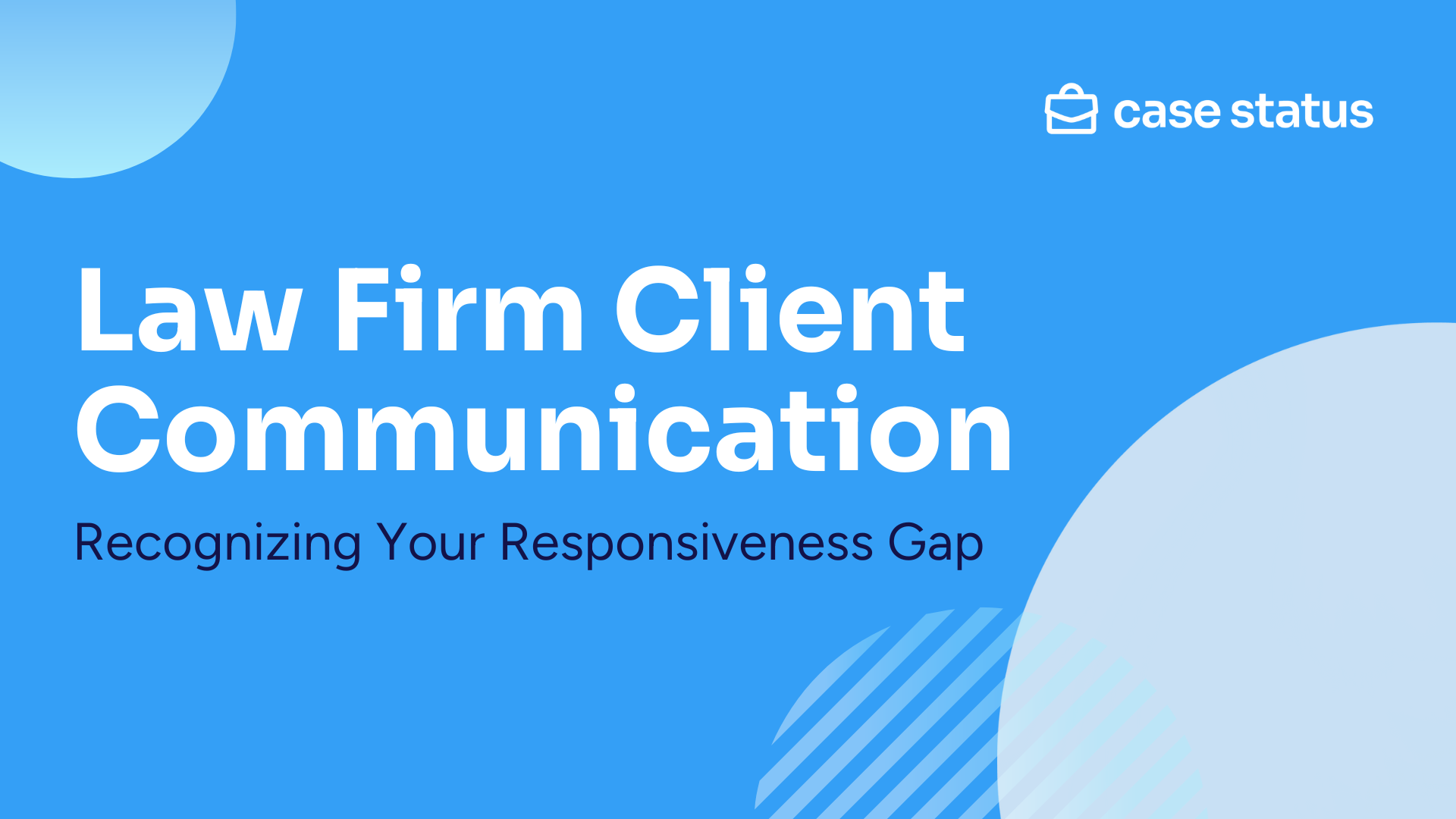
It's no secret that technology defines the world we live in today. It's made everything easier - from day-to-day communications to complicated business functions. Such is especially the case for the legal sector, which benefits from a plethora of legal software designed to simplify workflows. This article will take a look at some of the most impactful and explain what makes each such an asset to modern law firms.

What Is Legal Software?
The field of law is one of the most unique out there, relying on a number of special processes to handle highly sensitive matters on behalf of clients. Once upon a time, the only way these processes could be realistically completed was through repeat in-person meetings, emails, and games of phone tag. But as it does for virtually everything else, new technology offers a more efficient alternative - software.
Legal software, as its name implies, is a form of software specifically designed to facilitate the operational functions of businesses in the legal industry. It's mainly used by law firms, although other organizations and even sole proprietors can take advantage of it as well.
What Does Legal Practice Management Software Do?
Legal practice management software can be thought of as an administrative assistant of sorts. It fulfills many of the same duties, only as a self-sustaining online platform that can be accessed day or night. Like a real-life office coordinator, this software is intended to handle the back-end parts of running a legal business so that lawyers can focus on their actual cases.
Here are a few of the most valuable features offered by legal practice management tools:
Scheduling and Calendaring
The most basic and useful function of legal practice management software is its ability to schedule appointments. This feature allows lawyers to easily set up events related to their cases, manage calendars for multiple attorneys, and even send appointment reminders automatically.
Document Management
Legal documents are often bulky and complex, making them difficult to store securely on physical hardware. Legal practice management software makes it simple by providing a secure virtual repository where lawyers can store all of their documents in one place – accessible from any device.
Contact Management
Gone are the days of using a little book or Rolodex to manage professional contacts. Legal practice management software uses an internal database to store all of the important information related to clients, potential customers, suppliers and other parties that lawyers interact with.
Time Tracking
Most lawyers offer their services on an hourly basis, making the need for accurate time tracking essential. Software offers just that - digital, intuitive tracking functions capable of logging appointment start, end, and break times. Time can be tracked by individual clients, tasks, or for an entire project.
Payments and Accounting
Regardless of the types of clients it takes on or the success rate of its cases, all law firms require steady income to stay afloat. The key to this is obviously an efficient billing process, but for some, having one is easier said than done. Legal practice management software takes the burden off of firms' shoulders by automating things like invoicing, payment processing, and record keeping.
How Does This Technology Help Lawyers?
In a general sense, technology helps lawyers in the same way that it helps everyone else - task automation and simplified workflows. But looking more closely at the legal industry itself, this can translate to some specific knock-on benefits and advantages.
Here are four of the most noteworthy:
1. Enhanced Efficiency
The first and most pronounced benefit of legal software is its potential to greatly improve a firm's operational efficiency. When businesses are able to delegate repetitive tasks to and easily access the information they need from machines, getting things done becomes a whole lot easier. In fact, law practice technology is designed with this very purpose in mind - making everyday functions faster, more streamlined and less labor-intensive.
2. Reduced Costs
Automation is also an effective way to reduce costs - both physical (such as postage) and human resources (such as paperwork). By automating processes, lawyers can minimize the time and manpower devoted to routine administrative tasks. This in turn leads to cost savings on labor expenses, as well as indirectly reducing overhead costs associated with law firms' other operations.
3. Increased Productivity
Legal software programs can also lead to increased productivity by leveraging the power of automation. Automation ensures that tasks are completed in a timely and accurate manner, reducing double-work and ensuring processes are being followed correctly.
4. Improved Client Experience
When it comes to something as high-stakes as a legal case, clients are right to want timely updates from their lawyers. The only problem is that despite genuinely wanting to keep them in the loop, legal professionals only have so many hours in a day. Thankfully, a legal client app can help bridge that gap by enabling firms to stay organized and manage their workload more effectively, respond quicker, and provide clients with the reassurance they need over the course of their case.
What Legal Software Do Lawyers Use?
There is an endless sea of legal software solutions on the market today; some legal software companies offer products with very specific functionalities relating to things like billing and scheduling, while others include the full spectrum covered earlier. As a lawyer, you have the option to choose any.
But it's important to keep in mind that you get what you pay for. Well-established lawyers know that an investment in a high-quality solution is most likely to pay off in the long-run, searching for the best law firm software features, vendor reputability, and reviews when shopping.
Those that do their research well all come to the same final choice: Case Status.
It's the best legal software on the market for a reason; Case Status offers all the features lawyers need during every step of their case, including task management, client communications/document sharing, court alerts/reminders and more. Request a consultation today.



